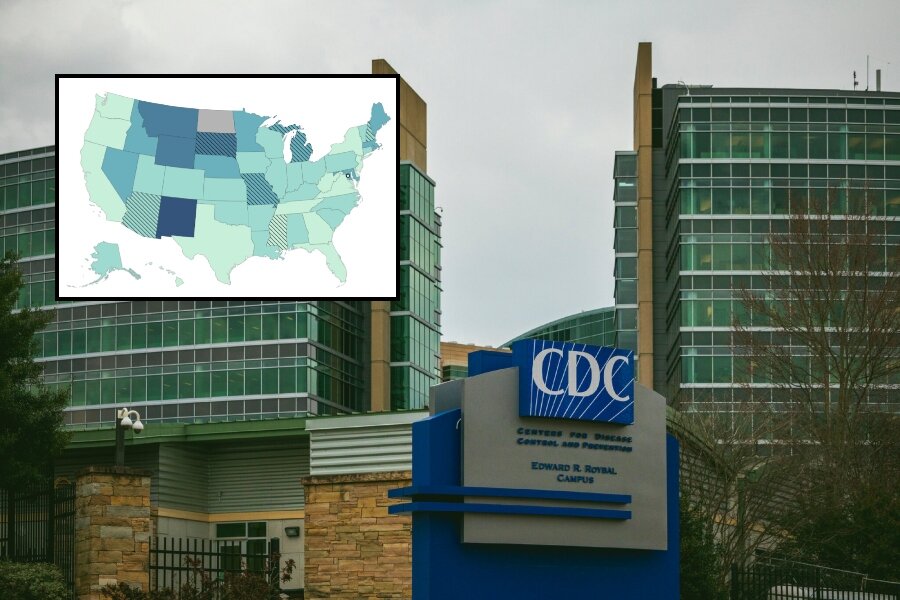On Wednesday, the U.S. Centers for Disease Control and Prevention (CDC) warned about an expected increase in COVID-19, influenza, and RSV in the coming months, although levels of those respiratory viruses are currently low.
But the agency said there are signs of increased activity for RSV, or respiratory syncytial virus, in southern and eastern states, namely in younger children. Seasonal flu levels are also slightly trending upward, the CDC added.
For COVID-19, the federal agency’s data show that levels of the virus are currently “low” across the United States. There is currently only one state—New Mexico—that has “very high” reported levels of COVID-19, while Montana, South Dakota, and Wyoming are reporting “high” levels, according to the CDC’s COVID-19 wastewater map.
The CDC said it expects hospitalizations from COVID-19, the flu, and RSV to begin increasing in the coming weeks and months, urging people to get vaccines for the illnesses.
As of Oct. 5, 11.2 percent of adults aged 18 years or above received an updated COVID-19 vaccine, and 36.9 percent of adults 75 years or older received an RSV shot, according to CDC data.
The U.S. Food and Drug Administration (FDA) approved updated mRNA-based COVID-19 vaccines made by Pfizer, its German partner BioNTech, and Moderna. The FDA also granted emergency use authorization for Novavax’s protein-based vaccine, although it did not cite any of Novavax’s clinical trial data when making its approval.
There are three FDA-approved RSV vaccines, made by GSK, Moderna, and Pfizer.
In mid-October, outgoing CDC Director Mandy Cohen backed the CDC’s advisory panel’s recommendation that people aged 65 and older and those with compromised immune systems get a second dose of a COVID-19 vaccine six months after the first dose.
Since early 2022, levels of COVID-19 cases, deaths, and hospitalizations have plummeted from their all-time highs seen in 2020 and 2021.
The federal government ended its COVID-19 public health emergency in 2023 but extended the FDA’s ability to issue emergency authorizations for COVID-19 vaccines until the end of 2024.
Share your thoughts by scrolling down to leave a comment.













